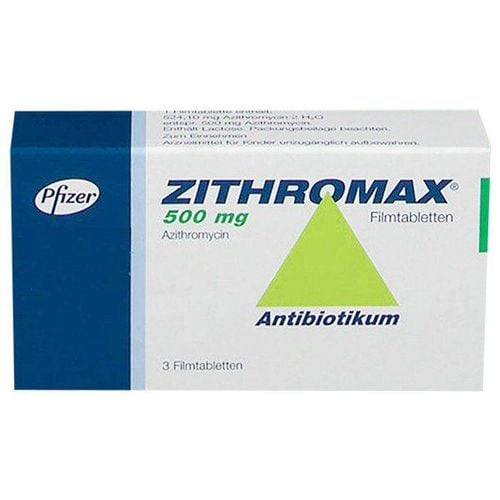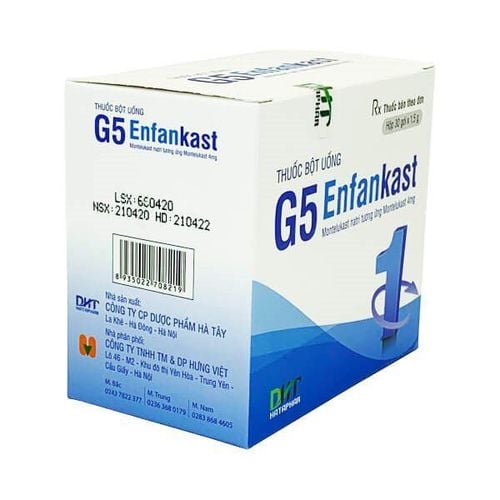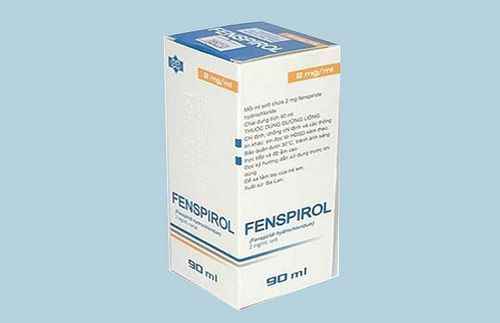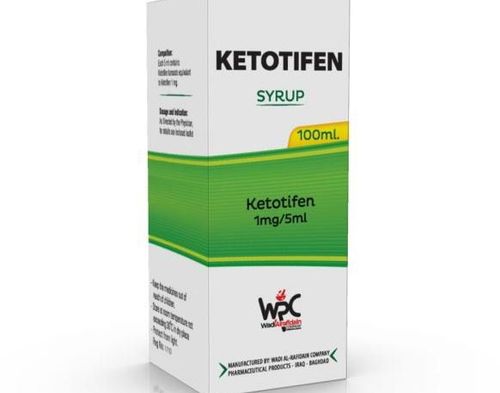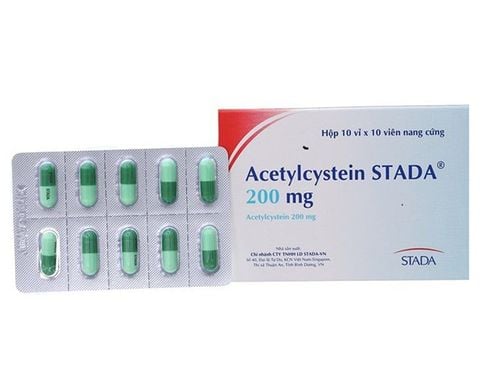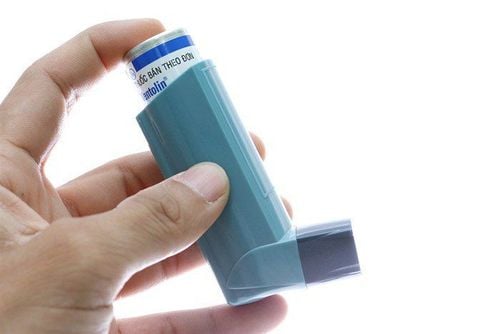This is an automatically translated article.
The article was professionally consulted by Dr. Nguyen Van Dinh - Head of Respiratory - Asthma - Allergy - Clinical Immunology Unit, Vinmec Times City International Hospital.Acute bronchial asthma can cause many dangerous complications if not promptly detected and treated. Therefore, knowing the signs to recognize an acute asthma attack and how to prevent and treat it below will help you to detect and control this disease early.
1. Is acute asthma dangerous?
1.1. What is acute bronchial asthma? Bronchial asthma is a chronic inflammatory condition of the airways, which increases spasm, edema, increases sputum secretion, ... causing obstruction and restriction of airway airflow. Patients will have manifestations such as wheezing, shortness of breath, chest tightness and repeated cough, mainly occurring at night and early in the morning. People with bronchial asthma can recover naturally or with medication.
1.2. The prevalence of asthma in Vietnam In Vietnam, the proportion of people with asthma accounts for 5% of the population, equivalent to over 4 million people. In which, the rate of children with the disease is the highest and is mainly in the 12-13 age group.
According to recent statistics, in Hanoi, 8.1% of urban children and 6.7% of suburban children have asthma. In Ho Chi Minh City, this figure is much higher with a total of 29.1% of children under 18 years of age with asthma. In particular, if asthma is not treated in time, the disease will progress seriously and lead to many dangerous complications.
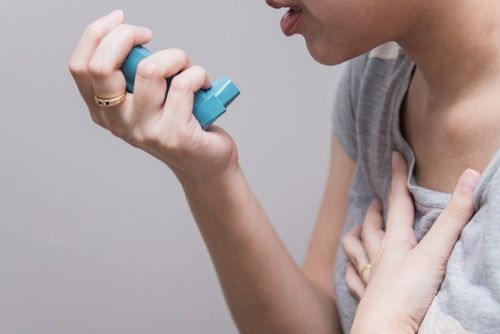
2. Signs to recognize an acute bronchial asthma attack
Asthma attacks can have a sudden onset, or they can be gradual and then get worse. Common symptoms in patients with acute bronchial asthma are:
Shortness of breath: The patient is often overwhelmed, unable to breathe, not having enough breath to breathe. When breathing is difficult, the patient also has symptoms of panic, saying short sentences or words, sweating,... Wheezing: A hissing sound accompanied by breathing, often heard when an asthmatic patient breathes. out. This is the most common manifestation of an acute asthma attack. Cough: Often accompanied by symptoms of shortness of breath, mainly occurs in the middle of the night or when the patient works hard. There are also cases where people with bronchial asthma only have cough symptoms, so the diagnosis of the disease is therefore difficult. Chest heaviness: The patient feels like a heavy object is pressing on his chest. This is also another manifestation of shortness of breath. Acute bronchiolitis: accompanied by fever, cough and expectoration.
3. Causes of bronchial asthma
Asthma is caused by many causes, especially the combination of local factors and environmental factors. Some common causes of bronchial asthma are:
3.1. Allergic Asthma Acute asthma attacks can occur when a person is exposed to allergens such as pollen, house dust, house bugs, pet dander, food allergens such as seafood, beef,... or some drugs like aspirin
3.2. Trigger factors Environmental factors such as cigarette smoke, dust, air pollution, cleaning chemicals, changes in humidity,...
3.3. Exercise-induced asthma Asthma can be triggered or aggravated by strenuous exercise, this is called exercise-induced asthma.
3.4. Other causes of bronchial asthma Some other causes of bronchial asthma are: Respiratory tract infections caused by parainfluenza virus, genetic factors, gastroesophageal reflux disease or other respiratory diseases, certain medications such as beta-blockers.

4. What should be done to control acute asthma attacks?
We can prevent and control acute asthma attacks by following these guidelines:
Avoid or limit exposure to triggers that trigger asthma attacks such as: Tobacco smoke, chemicals with strong odors , hard work, cold air,... At the same time, you need to have a healthy diet and exercise to improve your health in general and respiratory system function in particular.
Use inhaled medicine early and properly: it is a way to deliver medicine directly into the respiratory tract by means of a spray pump, a dry powder inhaler. The advantage of this method is that it relieves shortness of breath after only 2 - 5 minutes. The drugs that can be used in this case are short-acting bronchodilators such as Salbutamol or Formoterol. People who have an asthma attack should start taking their inhaler as soon as the first symptoms appear because the later it is, the less likely it is to stop the asthma attack. The appropriate dose is: 2 throat sprays of a short-acting bronchodilator. If breathlessness has not been reduced, repeat the spray 2 times, about 5 - 10 minutes apart.
Apply supportive measures: rest.
If the shortness of breath does not go away after 3 sprays or the asthma attack only temporarily subsides for a few hours and then returns, the patient should see a specialist or go to the emergency room immediately for thorough treatment.
Acute bronchial asthma can lead to many dangerous complications for patients such as atelectasis, respiratory failure if not promptly handled. Therefore, patients need to be examined and treated at reputable clinics and hospitals as soon as possible. And Vinmec main hospital is a prestigious address for asthma examination and treatment. With a team of highly qualified and dedicated doctors and nurses in their work, you and your loved ones will be examined and diagnosed accurately and recommend effective treatment and control plans for asthma.
From mid-April 2020, Vinmec Health System has deployed remote healthcare services to meet people's medical examination and treatment needs while minimizing the risk of disease spread. disease COVID-19. This is also the first step to welcome the trend of Vinmec's telehealth model methodically, ensuring safety, information security and efficiency.
In the immediate future, telehealth services will be applied at Vinmec Times City International Hospital (Hanoi) and Vinmec Central Park International Hospital (HCMC); Initially providing for customers who have undergone medical examination and treatment at Vinmec. The specialties deployed immediately are Cardiology, Endocrinology - Diabetes at both hospitals, followed by Allergy - Clinical Immunology at Vinmec Times City and Asthma at Vinmec Central Park.
Thanks to the maximum application of modern technology, the entire examination process is carried out online simply, easily accessible and always with a consultant on duty to guide and answer.
Please dial HOTLINE for more information or register for an appointment HERE. Download MyVinmec app to make appointments faster and to manage your bookings easily.





